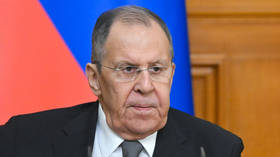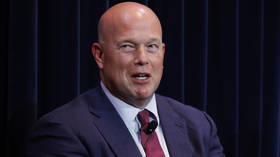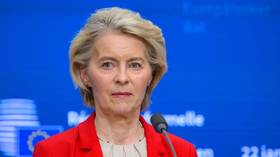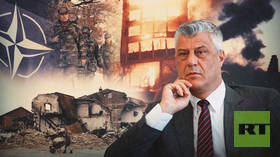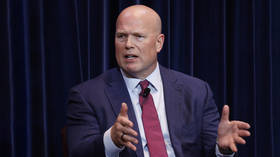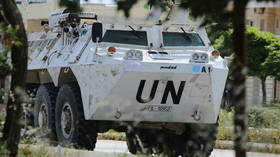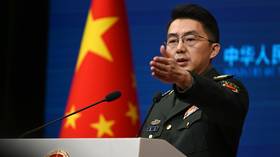Forced Adoption: UK families flee to Ireland to keep their children (DOCUMENTARY)
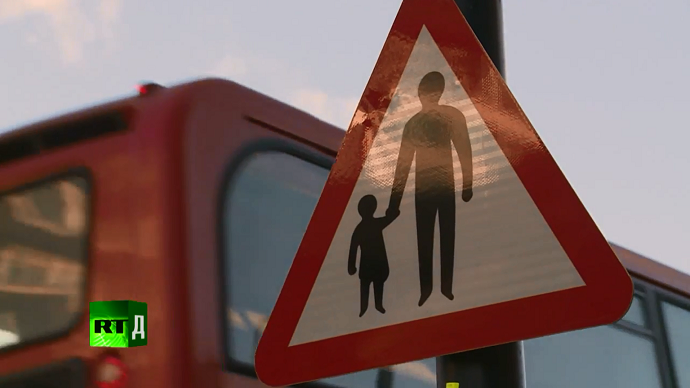
UK families are fleeing to Ireland as social workers continue to use false allegations and vague definitions of abuse to forcibly remove children from their parents and boost adoption statistics. RT's documentary crew spoke to several of those families.
The UK is just one of two countries in Europe (the other is
Croatia) where adoption without the consent of a child’s
biological parents – known as 'forced adoption' – is practiced.
Despite international law calling it an emergency measure,
“there were over 2,000 children forcibly taken from one
family to another” last year, MP John Hemming told RT's
documentary channel (RTD). Every year, some 11,000 children are
taken into local authority care without the consent of their
parents.
According to the MP, social workers are instructed by their
managers to advise the court to get the child adopted – even if
they’re been taken care of by a competent family.
With Britain's children's minister, Edward Timpson, proudly
announcing a 63 percent rise in adoptions since 2011, children
are being removed from their families “merely to satisfy
government target,” Hemming said.
UK legislation provides several reasons for removing a child from
their parents, with “risk of future emotional harm”
being the most widely used – and the most controversial.
“Now how do you quantify that? It’s almost impossible to
quantify, but a lot of people lose their children because the
social services and the courts say there’s a risk of future
emotional harm,” human rights activist Yolande Lindbridge
said.
It’s very difficult for parents to get their children back after
a final hearing in court, because “the appeal system isn’t
set up for people to win,” she stressed.
If the court rules that the forced adoption was a mistake, it
often still decides to leave the child with their new family, so
as “not to upset the child again,” said Bridget Robb,
chief executive of the British Association of Social Workers.
There are also cases when parents – especially those with
complications in mental development – are told that their
children will be removed even before they've given birth.
With limited tools to fight the system, many UK families are
choosing to flee to neighboring Ireland or other foreign
countries to keep their children.
Ireland is willing to provide support to those parents, unlike
England, which “may identify that there may’ve been a
problem, but is not willing to help you solve that problem,”
according to John Paskell, a parent who fled the UK with his
child.
The documentary ‘Forced Adoption: UK,' premiering on RT and RTD
on March 23, tells the story of several UK families who have
experienced forced adoption and are now fighting to keep their
children or have them returned.


